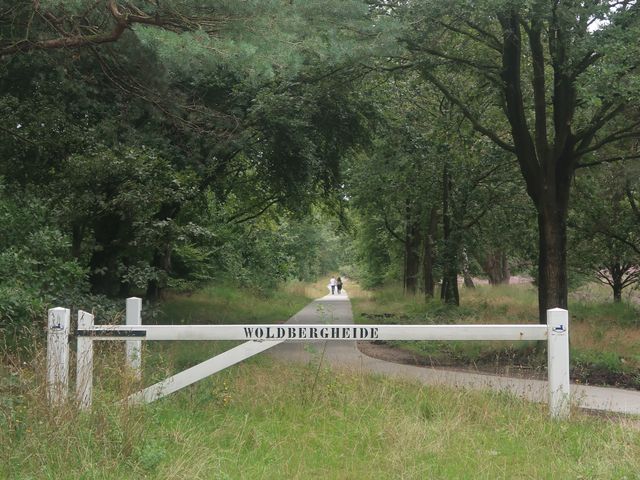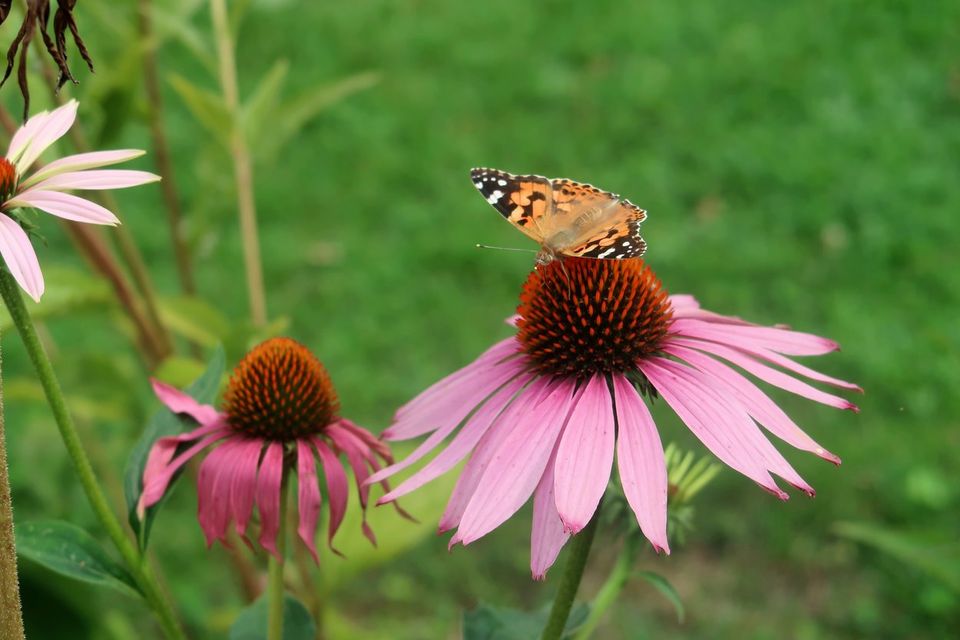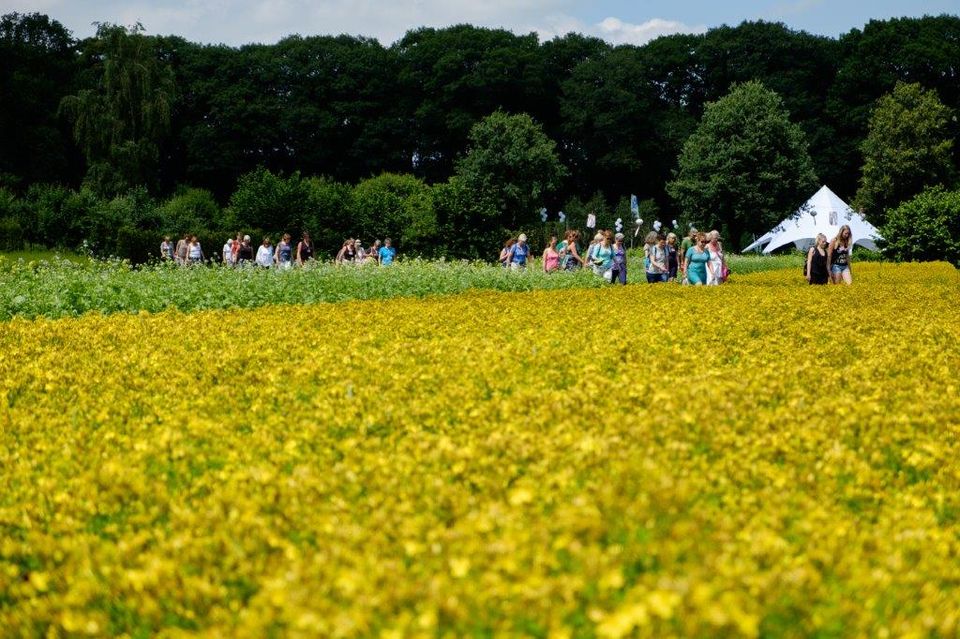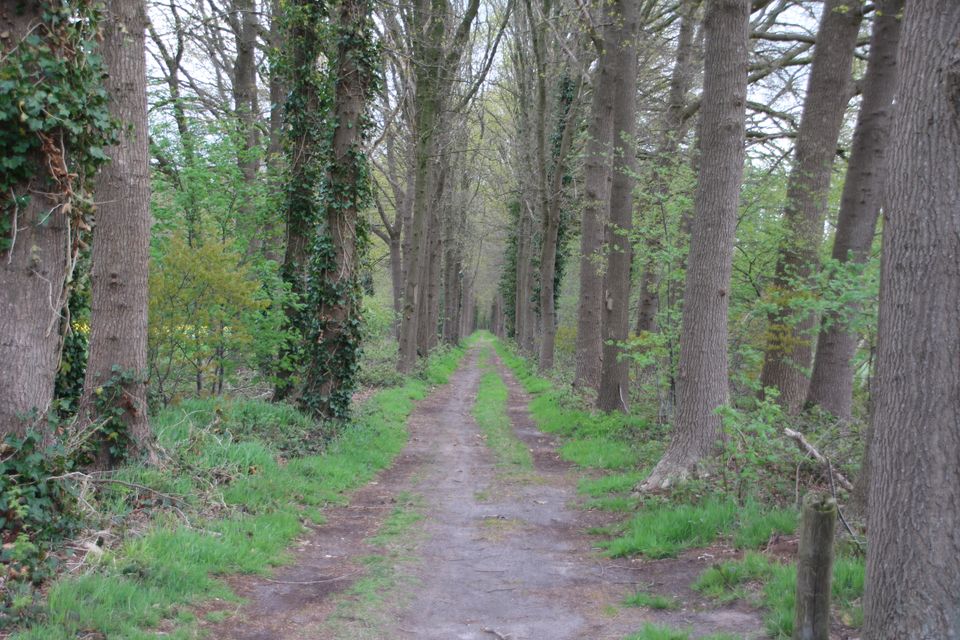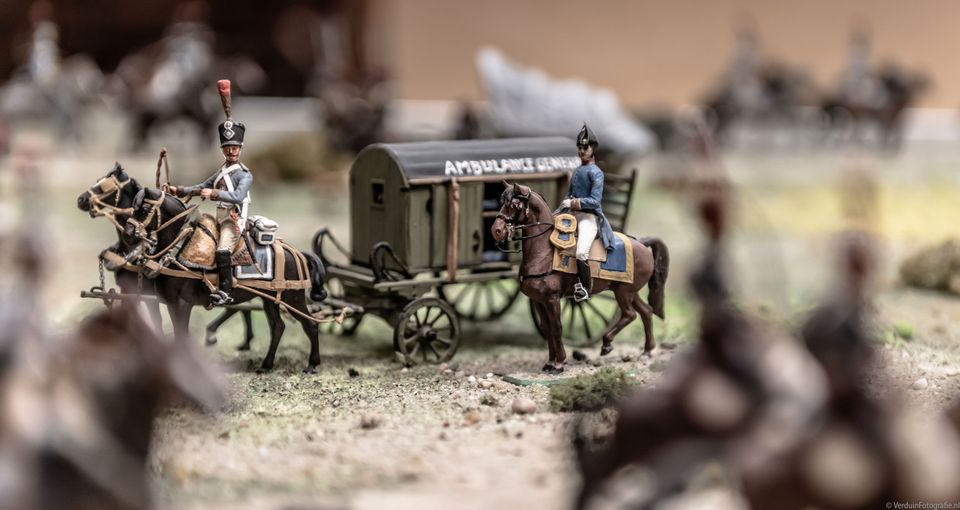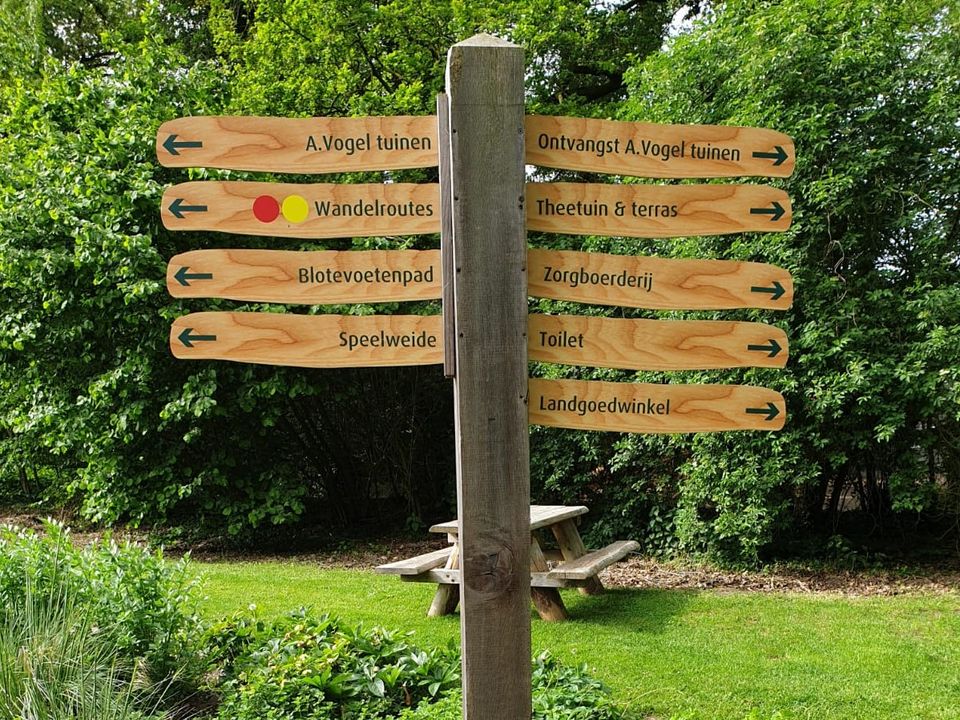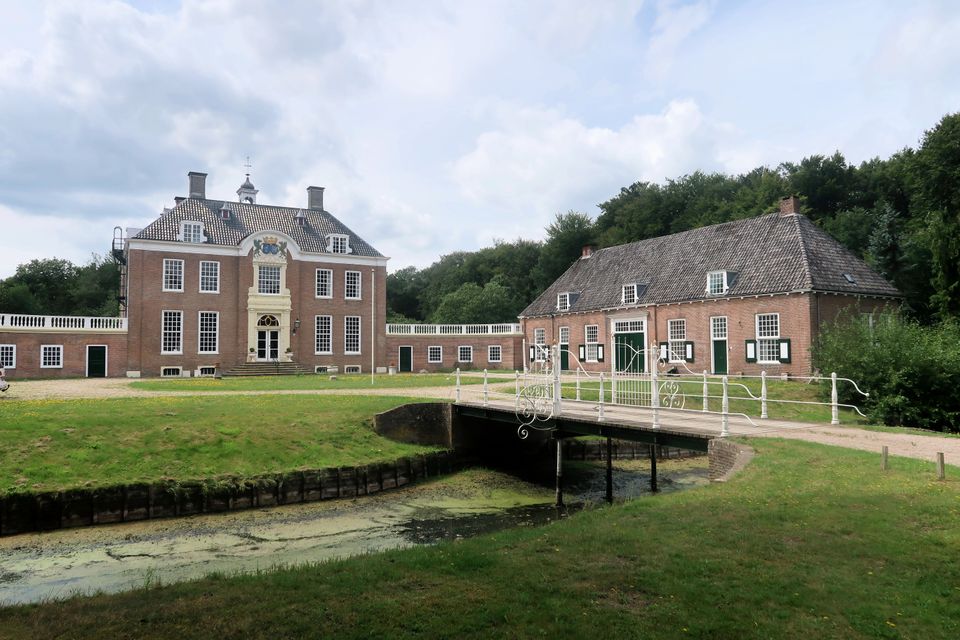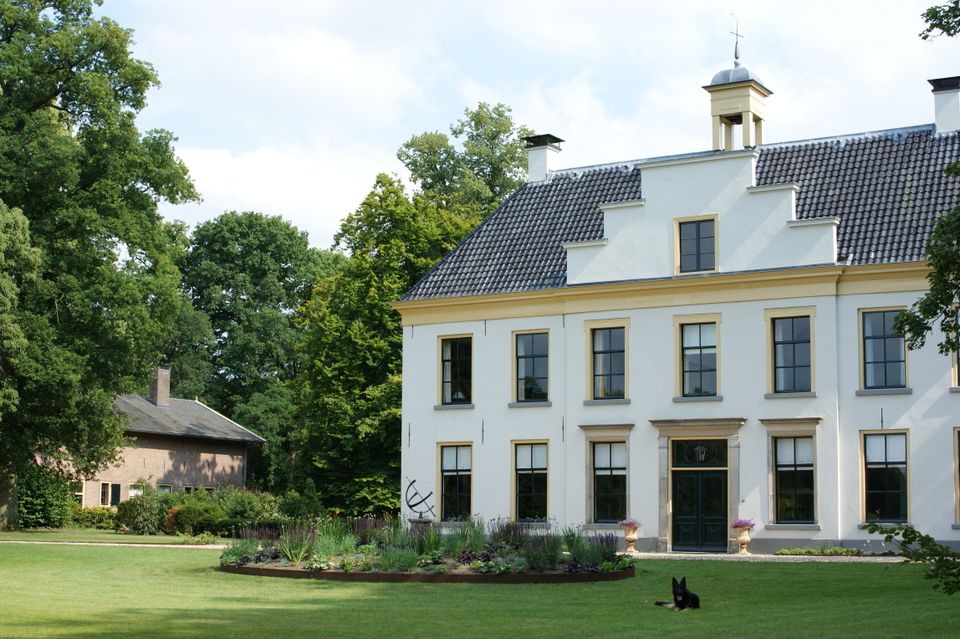't Harde
Artillery range
The village ‘t Harde is a young village on old land. The land was empty till far into the 19th century. The sandy soil is not fertile so there was no reason to live in this rough area. In 1875 the Dutch army started a military facility at the Woldberg. A large artillery range (ASK) arose in the Oldebroekse Heide. With the army came the soldiers and civilian personnel and gradually a village developed. The Dutch army is still the largest employer in the municipality of Elburg and inhabitants of ‘t Harde are used to the loud muffled bangs of the artillery during mostly international live-fire exercises. The villagers are proud of their military past and present but do regret the fact that because of the exercises the nature reserve is no longer open to the public.
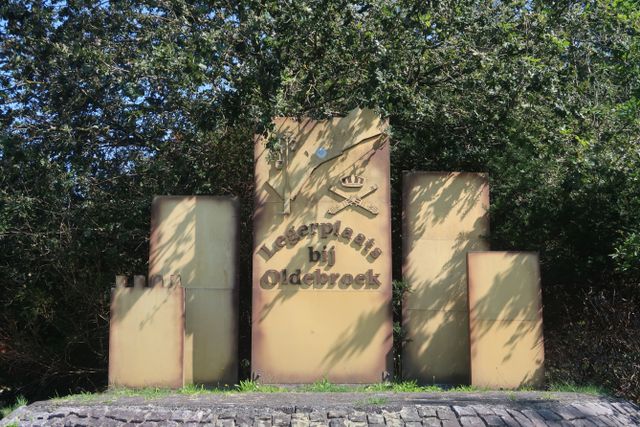
Origin of the landscape
The countryside around ’t Harde was formed by the last glacial period, the lateral moraines of the Scandinavian glaciers, ended here. That is why we have a ‘mountain’ within our municipal boundary, de Woldberg, also known as de Knobbel (the lump). When the glaciers started to melt, the melting water tried to find a way down. The water pressed against the lateral moraines with great force and at places where the moraines broke, the melting water found a way down. This happened at the bottom of de Knobbel. A water reservoir formed which slowly sank into the ground and flowed away. The melting water contained a lot of gravel. While the water flowed away, the gravel remained. This is called a meltwaterterrace. In The Netherlands there are only four of these terraces. A thin layer of shifting sand covers ‘our’ meltwaterterrace.
Hard surface
The ice age is very tangible here and has not only influenced the landscape but also the name of the village: ‘t Harde (as in hard). The name is literally determined by the last ice age. In an area of swampy stretches of land and endless sandy plains the ground below ‘t Harde was firm and solid because of the gravel left behind by the melting water. If you were travelling on foot or by horse and cart from Elburg to the higher situated Veluwe or parallel to the coast from Harderwijk to Zwolle, it was a relief to reach ‘t Harde. Finally solid ground to travel on. That is why the villagers of ‘t Harde do not live in ‘t Harde but on ‘t Harde. The preposition on is usually only used for villages when they are (former) islands.
